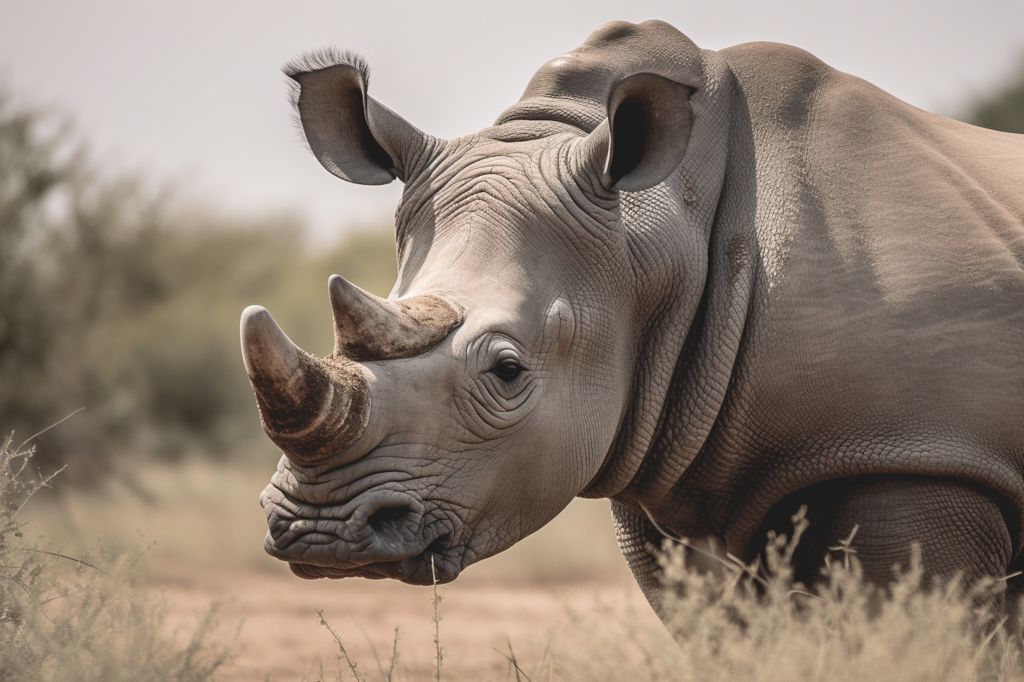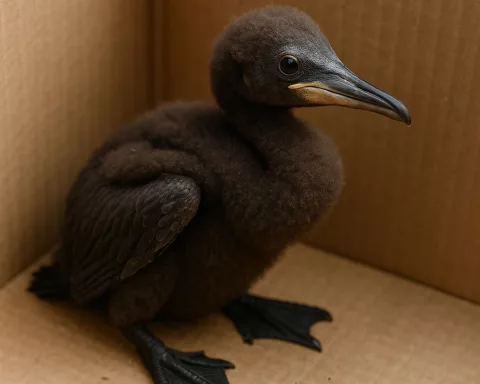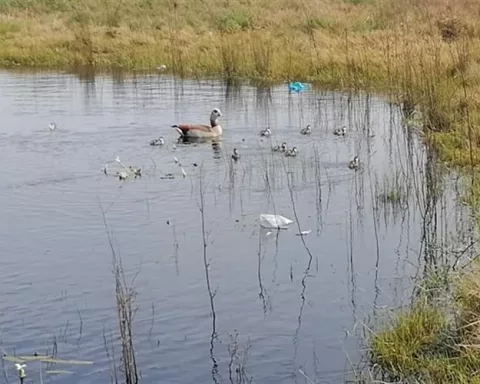Rhino poaching continues to be a critical issue in South Africa, with the country being home to more than 80% of the world’s remaining rhino population. The illegal trade in rhino horns, fueled by demand in Asian countries where it is believed to have medicinal properties, has continued to thrive, despite efforts to curb it.
Government Measures to Combat Rhino Poaching
South Africa’s government has implemented stringent measures to counter the poaching menace. These include deploying rangers and using innovative technologies such as drones and acoustic sensors to monitor rhino populations. Authorities have also tightened legislation around poaching, imposing harsher penalties for offenders.
Recent Success in Apprehending Poachers
The arrest of seven suspects in the Eastern Cape province is a significant victory in the ongoing fight against rhino poaching. This operation was intelligence-driven, highlighting its importance in identifying and apprehending wildlife criminals.
Future Action Needed to Protect Endangered Species
While this success is notable, the fight against rhino poaching is far from over. Continued investment in anti-poaching measures, raising awareness about the harm caused by poaching, and supporting conservation efforts are necessary. It is also crucial to tackle the demand for rhino horn by educating people about the lack of scientific evidence to support its perceived medicinal properties and encouraging them to seek alternative treatments.
Cooperation Needed from All Stakeholders
Protecting endangered species like rhinos requires a concerted effort from all stakeholders, including governments, conservationists, and communities worldwide. Only through collective action can we hope to end the illegal trade in rhino horns and preserve these magnificent animals for future generations.












